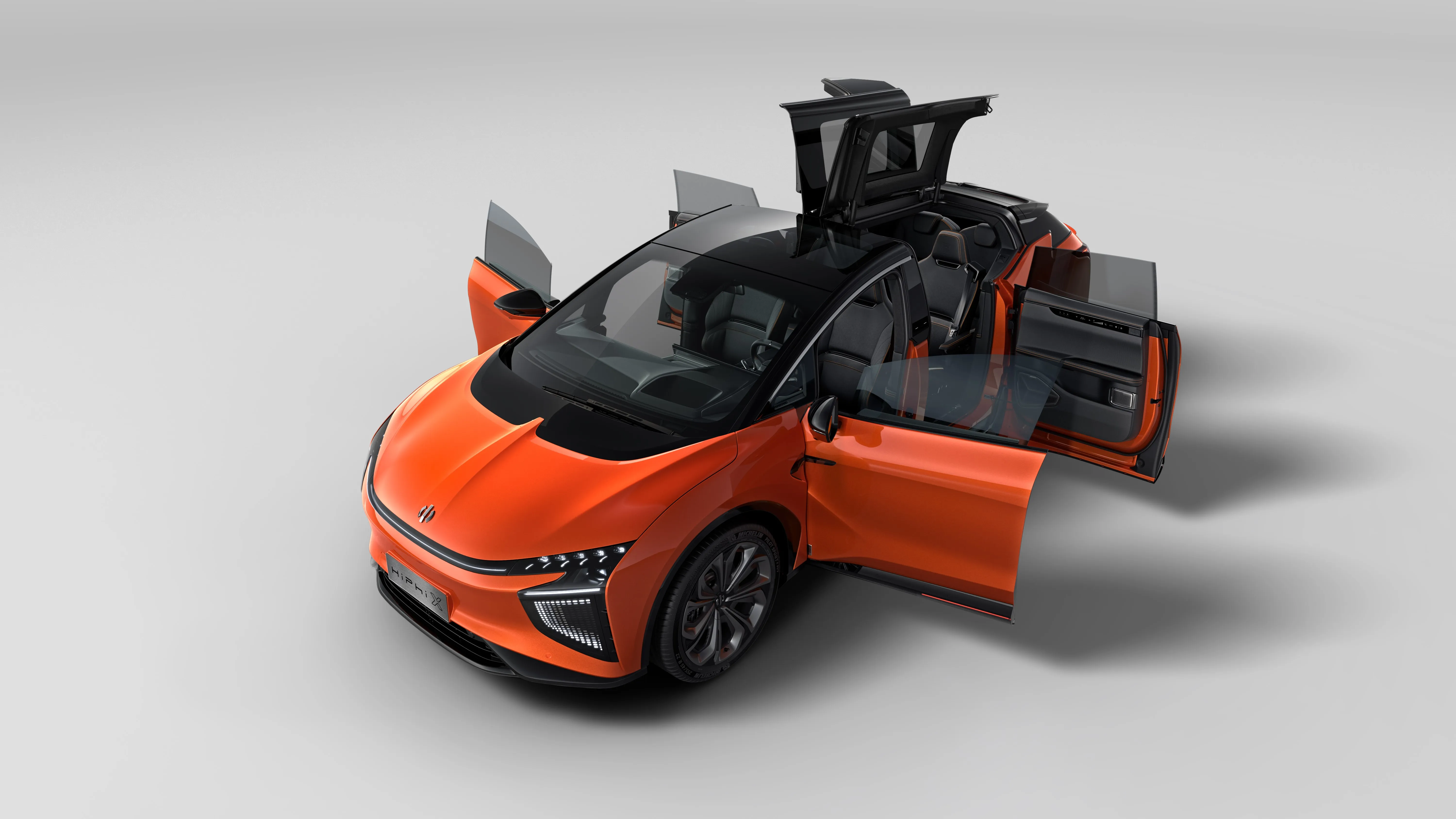The launch of the first two operational satellites of the EU's global navigation satellite system will take place on 20 October, the European Commission has announced. This is just the first of a series of launches due to take off from Europe's Space Port in Kourou, French Guiana. The launch of the Galileo satellites at an altitude of 23,600km will lead to the provision of initial satellite navigation services in 2014. Successive launches will complete the constellation by 2019.
May 16, 2012
Read time: 1 min
The launch of the first two operational satellites of the EU's global navigation satellite system will take place on 20 October, the 1690 European Commission has announced. This is just the first of a series of launches due to take off from Europe's Space Port in Kourou, French Guiana. The launch of the Galileo satellites at an altitude of 23,600km will lead to the provision of initial satellite navigation services in 2014. Successive launches will complete the constellation by 2019.
The decision to fix the date of the first launch follows a detailed assessment review under the chairmanship of the European Space Agency. It concluded that the space and ground segment components as well as operational preparedness are progressing according to schedule.
The decision to fix the date of the first launch follows a detailed assessment review under the chairmanship of the European Space Agency. It concluded that the space and ground segment components as well as operational preparedness are progressing according to schedule.










